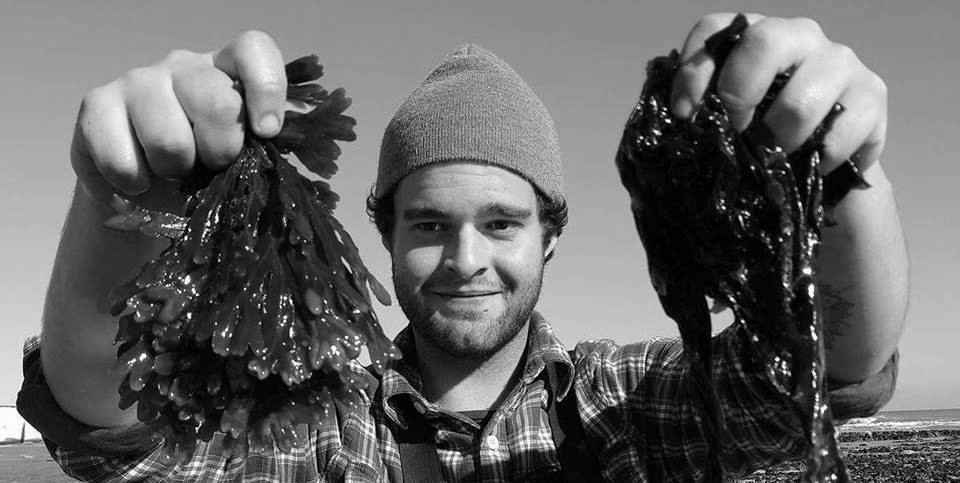I can start my testimonial with one word: it changed my life forever, after my experience at forager my whole perspective shifted - about the world and how we connect our self with it.
All my life I’ve seen those wild plants as a background of my life, but those things were always there, many times I worked with some of those wild ingredients in fine dining restaurants but in some way I felt no connection and I really wanted to see more about it from a closer look. Many chefs know those things as an ingredient in the restaurant but they don’t know the place of it in nature, the season, when is availability, how you collect, how you store it.. so, life was really kind with me and make possible my way to Canterbury to be a stagier at Forager, I meet miles and ross a few years ago in Brazil in food congress and after their speech I had so many questions about wild food, especially because I’m from Brazil and here we have a lot of wild world to discover and we are just a little baby when we talk about Brazilian scene of wild ingredients.
My very first job at forager was picking wild watercress, it was a magic day, we went to a river close to the base where we could pick some one of the best greens I ever had in my life. It was mind blowing how just a fresh picked wild watercress did with my palate, it was crunch, juice, herby, spice, really aromatic and beautiful as a chef is not always that just a bite of a green make this impact with you, I still can close my eyes and remember all those gustative feelings that I had, was pretty much love at the first meeting. We picked some boxes always respecting the balance of nature, not taking it all, letting some roots for it grow it again, we had to get the right sizes, sometimes just the tops just the perfect leafs and we had to send it for the restaurants and now comes one of the most important things, the logistic. How can we get those special treasures from nature and deliver for chefs that want perfect ingredients? It’s a lot of work involved on it and we had to follow the rhythm of the restaurants, keep them really fresh, accommodate them in the box in way that would not get bruised, then transport with refrigeration, keep them on the refrigerator and when is the right time we pack it with a lot of care to be delivered in the restaurants in the middle of the night for those chefs have the best ingredients to work with on the next day, even this part I had to chance to see how it works, how committed to deliver those ingredients for the costumers at their best. It’s a lot of steps, it’s hard work and those ingredients deserve all respect. The watercress was just the first example, I’ve been in touch with so many new ingredients that became special for me, Alexanders, Sea beet, Sea aster, Black mustard, Wild cabbage, Wild radish, Angelica, samphire, hogweed, creeping thistle, seaweeds, pineapple weed, ants, nuts , mushrooms and so, so much more, each one has one story behind, a way to pick it, to conserve if is needed. It gave me the best food repertoire that I could have as a chef. I found the answer of many of questions that I had and left with much more questions and I think that is the good thing about it, those questions make is push forward for learn about nature and their treasures and how life is.
Now back to Brazil it’s I’m exploring what we have here, by the way we have a lot in common, wild life does not have geographic limits, they keep growing and spreading their seeds to where they can go. That’s what I do now, spread the knowledge and trying to show to people that we need to understand better what is around us. I’m grateful and lucky to have this experience with amazing people that give so much of them for this cause. I highly recommend for all chefs that are interested in develop this knowledge to go out and explore this beautiful wild world. Your life will change, I’m sure.
-- Cesar Costa, a project in development for 2017 called ÎURU

